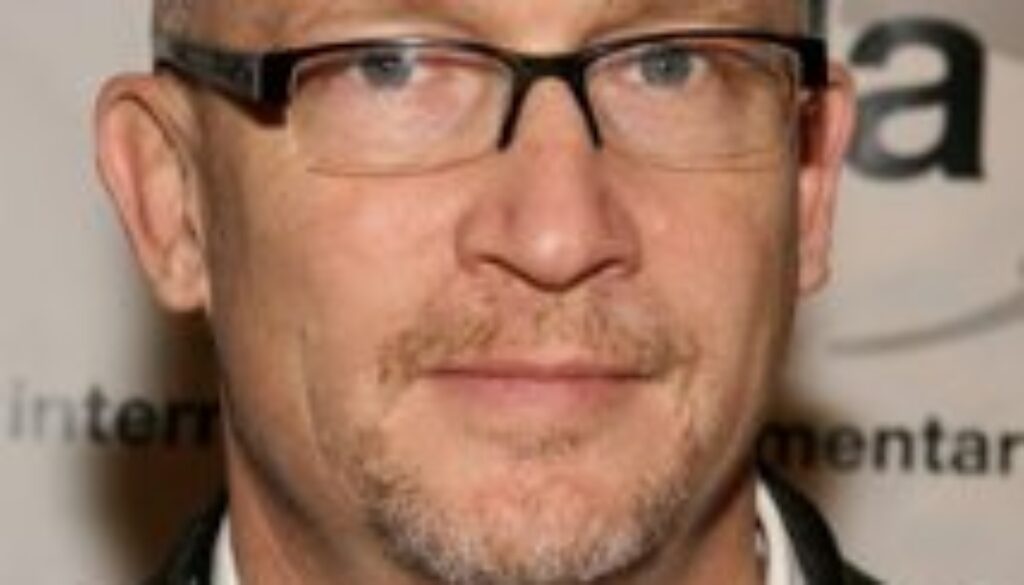A Fighter for Truth and Justice

I had a great time tonight at a benefit for the local independent cinema, where I’ve seen lots of great films that you’re not going to find at the cinemaplex at the mall. The guest was an old college friend of mine — Alex Gibney. We lived in a house with a bunch of fun creative people my senior year.
I remember Alex with a camera being pushed around on the bottom of a shopping cart by our friend Peter Bull, filming a work that I believe was intended to show a dog’s-eye view of New Haven. Even back then Alex was always looking to present a new perspective.
Well now he’s an Academy Award winner and a champion of truth and justice to boot. His documentary “Taxi to the Dark Side,” for which he won the award, was about an innocent taxi driver who was beaten to death in Afghanistan.
And in the film, Alex showed that the brutal tactics that resulted in the death of the taxi driver, whose name was Dilawar, were not the excesses of a few overzealous interrogators, but were actually carried out on orders from the highest level of the US government — that would be Vice President Dick Cheney, who famously told his subordinates they would have to go over to “the dark side.”
Dilawar never knew anything or did anything against US forces. He was one many innocent people falsely implicated by others under torture. He was murdered on orders from the highest level. And Alex Gibney laid the murder at Cheney’s door and got an Oscar for it.
His documentary is now required viewing at West Point. Way to go, Alex!
He has also made documentaries about the Enron debacle, “Enron: The Brightest Guys in the Room,” and the Abramoff scandal, “Casino Jack and the United States of Money,” and these films were instrumental in bringing about the prosecution of these crooks.
Alex gave a talk about the way he makes documentaries — how he conducts interviews, how he chooses the music — and he explained that a documentary is not just an amalgam of facts; it’s a movie, and the director uses a lot of the same techniques used in non-documentaries to tell the story effectively.
I had to pony up $100 bucks to see my old college friend, but it was well worth it.
